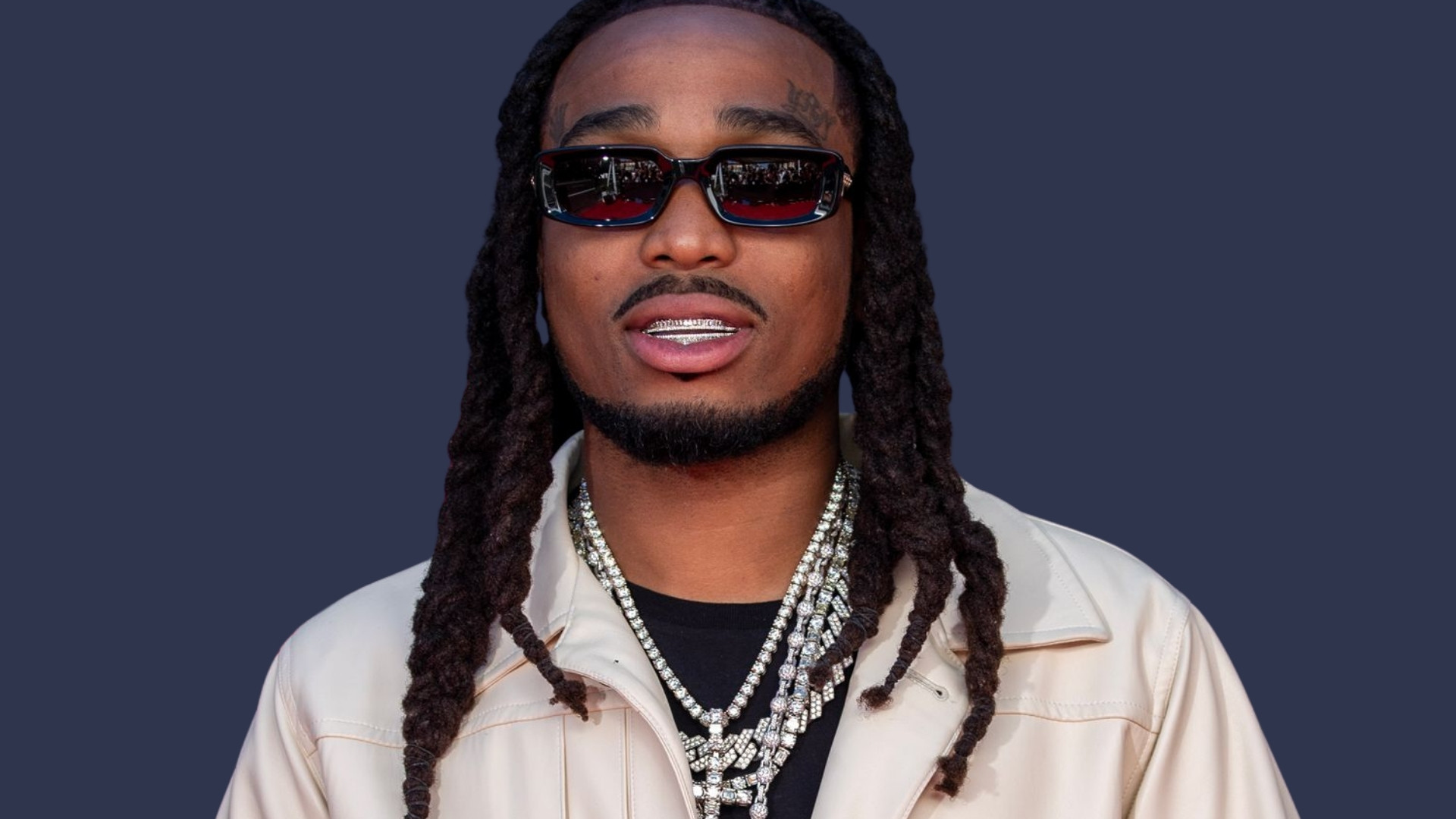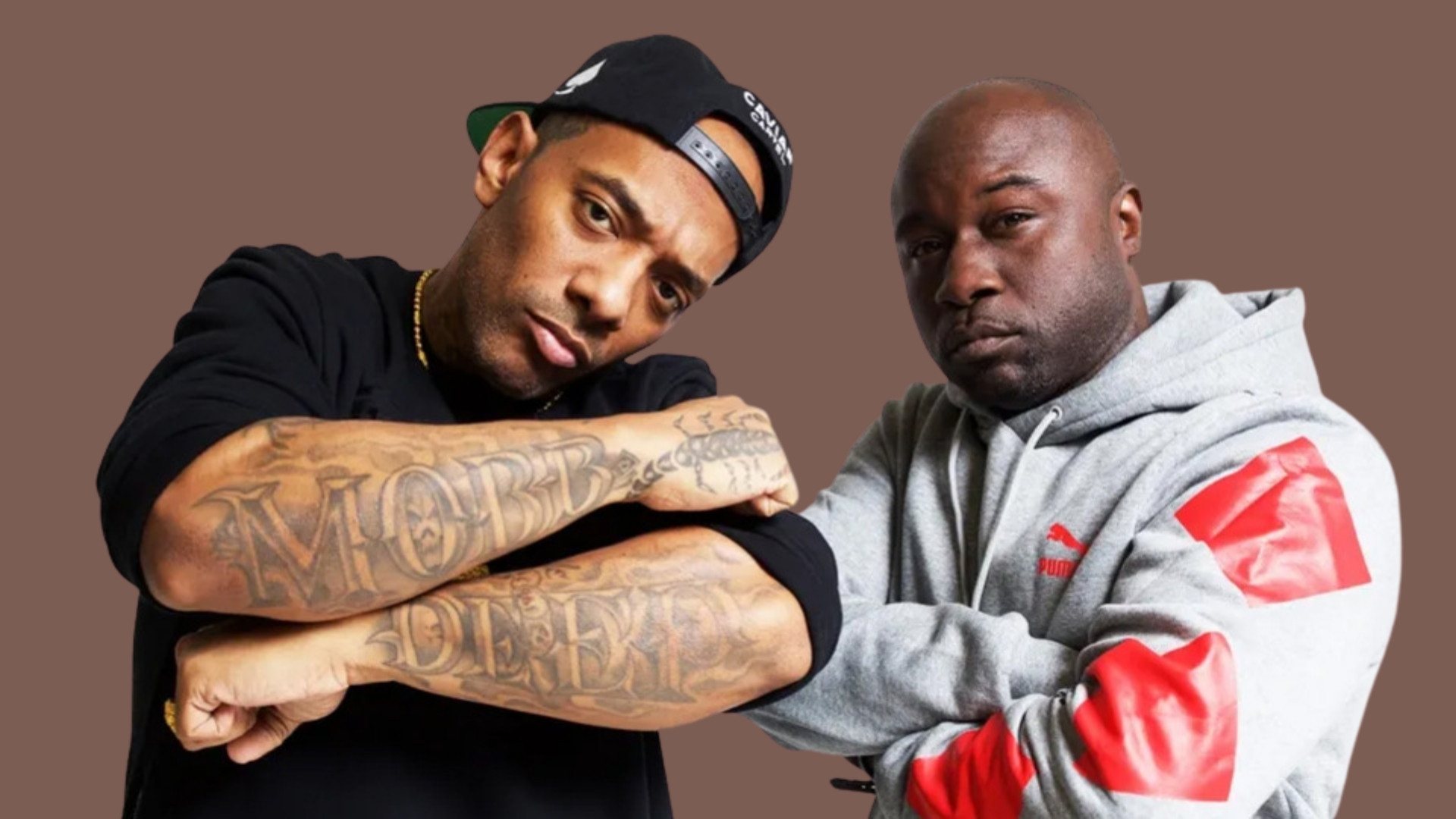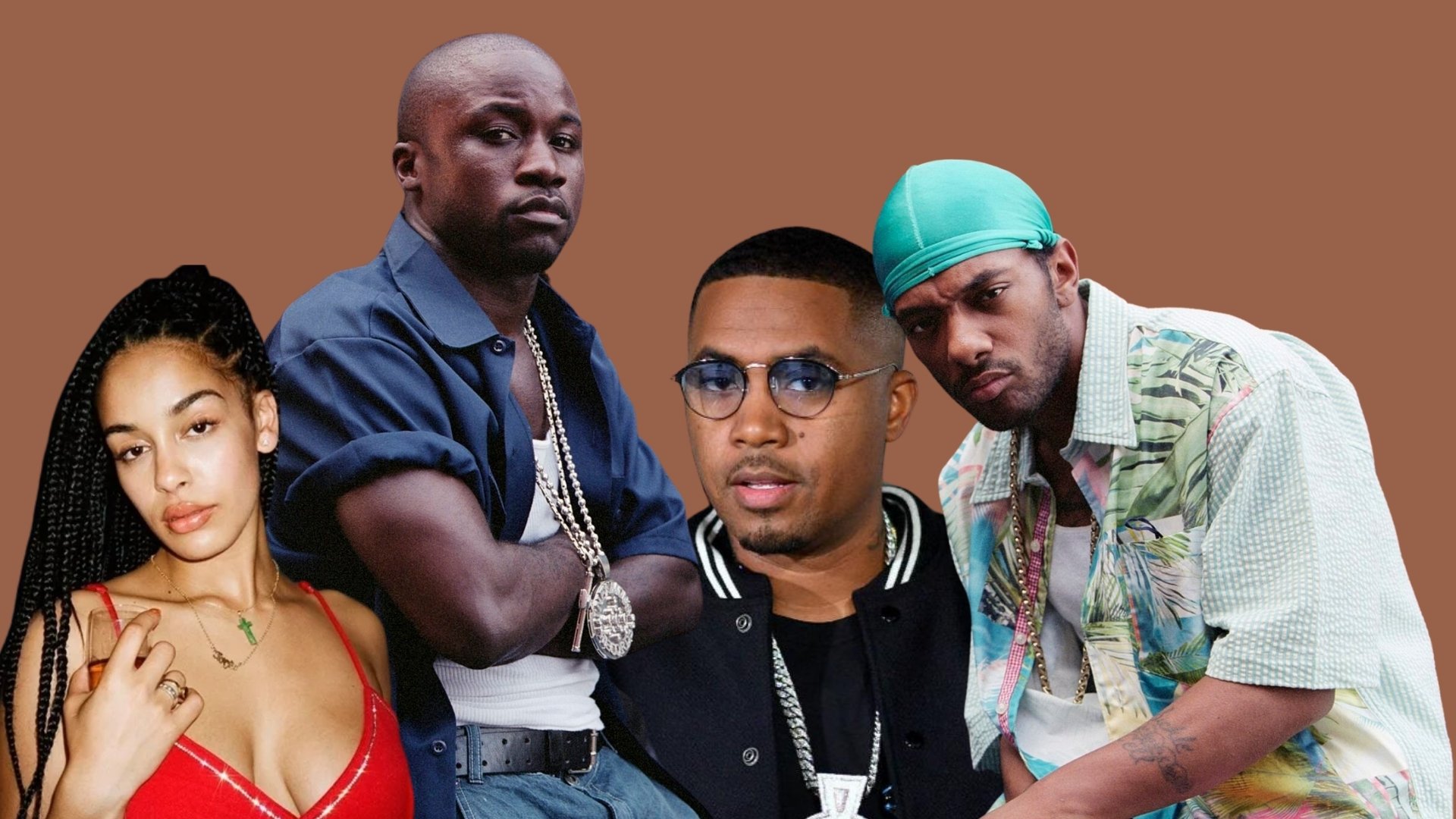Sada Baby is as bored as the rest of us. Just like everyone else, the recent chart-topper of Billboard’s Heatseekers tally and architect of Skuba Sada 2 ― a recently released odds-and-ends collection better than most commercial hip-hop releases―is locked down too.
When Billboard calls the Detroit-based MC, he’s in the middle of playing Call of Duty; He prefers NBA 2K, but his extended family is devoted to CoD and Sada is, after all, a family man. He learned about rap music from his mom, rock music from his dad — D4L with mama and his aunties, and only semi-ironic renditions of Nickelback while cruising with his dad.
Sada is full of vivid anecdotes like this, which is why his rapping is practically tangible. You can feel his stories stomping on your chest. Sada’s energy is relentless, but he has perfect control. In his mind, though, he has a ways to go.
“I tend to watch a lot of stuff on YouTube and just try to look out for up-and-coming artists and pay attention to their music,” he says. “I don’t think I’m all the way set, that I should be comfortable with my position… because I’m not.”
It’s an attitude that so often alludes rappers. Sada embraces the youth, and his loyal fanbase means he doesn’t get jealous when other rappers come up. It helps that he’s Detroit’s best export right now, but Sada is smart enough to avoid the peaks and valleys regardless of acclaim.
Sada has been bubbling amongst rap superfans for a few years, but with Skuba Sada 2 he’s confirmed what we’ve known: Sada Baby is up next. He spoke to Billboard about his background, come-up, deal with Asylum Records and what comes next.
Are you still in Detroit or have you holed up elsewhere?
I’m still in Detroit. I’m always going to be here. I’m going to get a big-ass house here in Michigan.
I remember reading last year that you want to go to Utah. No more Utah?
The Utah thing is going to happen, because I just love Utah and want to have a house in the woods out there. But I’m going to be in Michigan for life.
You’ve been a star in Detroit for a while, but nationally, are you excited about more exposure? Do you like being recognized, or do you shy away from celebrity?
It’s a joy and a pleasure when I go to places that I’ve never been to. In a place like New Mexico or Rhode Island or Boston, I’m brand new. When people know me, I love it. But by the same token, there are just a select few groups of people in certain states who know me. I’m not insanely popular yet. I’m enjoying the process.
What do you think it is about Skuba Sada 2 that tapped into something different?
A lot of people, for some odd reason, hadn’t seen a lot of the newer videos that I had dropped in the last couple months. So for the people who hadn’t seen them, it was their first time hearing those songs. So when they heard the songs, they backtrack and they went and watched the videos. I just think a lot of people hadn’t paid attention. That happens every year for me. This is another group of 20,000 or 30,000 people that’s like, “Who the f–k is this guy? Where he’d been at?”
It’s easy to lose control of your own music if you immediately sign a huge deal as opposed to building it organically. Was that intentional on your end?
Kind of. It was important for me when I signed my deal that I was able to keep creative control and for them to not frown upon me dropping a lot of music. My music is something that I can continually release without it getting watered down because I’m constantly growing and putting the effort into my music to sound different and be something different.
You’ve talked about how you’re still learning how to be a rapper and getting better every day. What specifically do you do to improve?
Getting the reps in and not being scared to like other music. I make sure that I’m always, always in rhythm, watching and not being scared to take in other genres of music, too. There’s just so much other music I hear that you can gain fans from and you can make better music by gaining knowledge.
It’s really easy for musicians to get defensive when young people come up and try to take some of the spotlight. But if you’re tapped in, you can see what young people are doing and what attracts fans.
Certain people have to worry about getting knocked out or getting moved over. I have the product and the substance to back it up. I’m not shunning nobody who’s coming up. There’s enough room for everybody out here to make good music. Always has been. What somebody else is doing don’t necessarily affect me. It doesn’t affect me that a new artist is coming up and he’s got a whole new fan base and he’s out of nowhere and everybody loves him. More power to him, you know what I’m saying? Because when I drop, I’m still going to have my core fans and the people who’ve been keeping me alive.
Do you ever think about how close you were to quitting rap for good when you enrolled in culinary school?
I think about that. I think about times I almost died, I think about a lot of stuff and I’m thankful for being able to do what I do for a living. It was serious. It’s been serious a lot of times in my life, and I was going to go to culinary school and try to walk on with their basketball team and get a culinary arts degree.
How were you exposed to music growing up? Was music a big part of your childhood?
Hell yeah. I like to think my people used to listen to more music than they watched TV. I learned from being with my mom and my aunties while they were at the house drinking and turning up. They listened to everything from D4L’s “I’m Da Man” remix to Pastor Troy, E-40, and Too $hort. I heard a lot of s–t coming from my mom. My grandmas listened to Teddy Pendegrass and Al Green. Al Green is my grandma’s favorite singer, so that’s one of my favorite singers.
I get my sense of humor from my dad. We used to be riding around the hood listening to rock and roll, but we would really be singing and knowing the words. Me and my dad, we’re real big fans of Nickelback. My musical palette is complex.
What do you hope people who may not know you right now learn about Sada Baby after listening to Skuba Sada 2?
That my effort is different. My range is different. You’ll be able to feel my music. I’m going to move your body, make you feel good, get you through some s–t. I’m something special. Before we drop the debut album, I’m doing another mixtape because I want to warm my fans up one more time and just give them a preview of what’s to come. The mixtape is so strong, they’re gonna wonder why it’s not the album.
Starting with last year’s Bartier Bounty, the run you’ve been on is pretty insane. Did you feel something change in your process? Did you feel like you were really onto something different beginning with that album?
That’s the one that people started catching onto, but every mixtape that I released was a new body of work. I flew out of town and recorded it or took my time with the process. I feel like D.O.N was just as strong as Bartier Bounty, it’s just a lot of people wasn’t hip to D.O.N.
Even Skuba Sada, too.
A lot of people haven’t heard my early songs, but coming out of Detroit, I don’t think another rapper from Detroit or in my timeframe, my area of reference, who’s out right now, who has more million view videos. I got 66 of them. A lot of those songs didn’t make it to the radio or BET — 85%, 90% of them, none of them went to Worldstar. That was all me. Views are just me. There are 66 different videos on YouTube with my name on it that got a million views and only two of them got major features.
Do you think about your legacy — either in Detroit, or in the rap game generally?
Yeah, I don’t think anybody should be doing this without thinking about their legacy. I want my legacy to be one of the strongest, if not the biggest, in the rap game.
What does it mean to you to be a face for Detroit?
It means a lot. I still got a lot to do, but it means a lot to be recognized and be considered. I work for acknowledgement like that. That’s why I rap.



